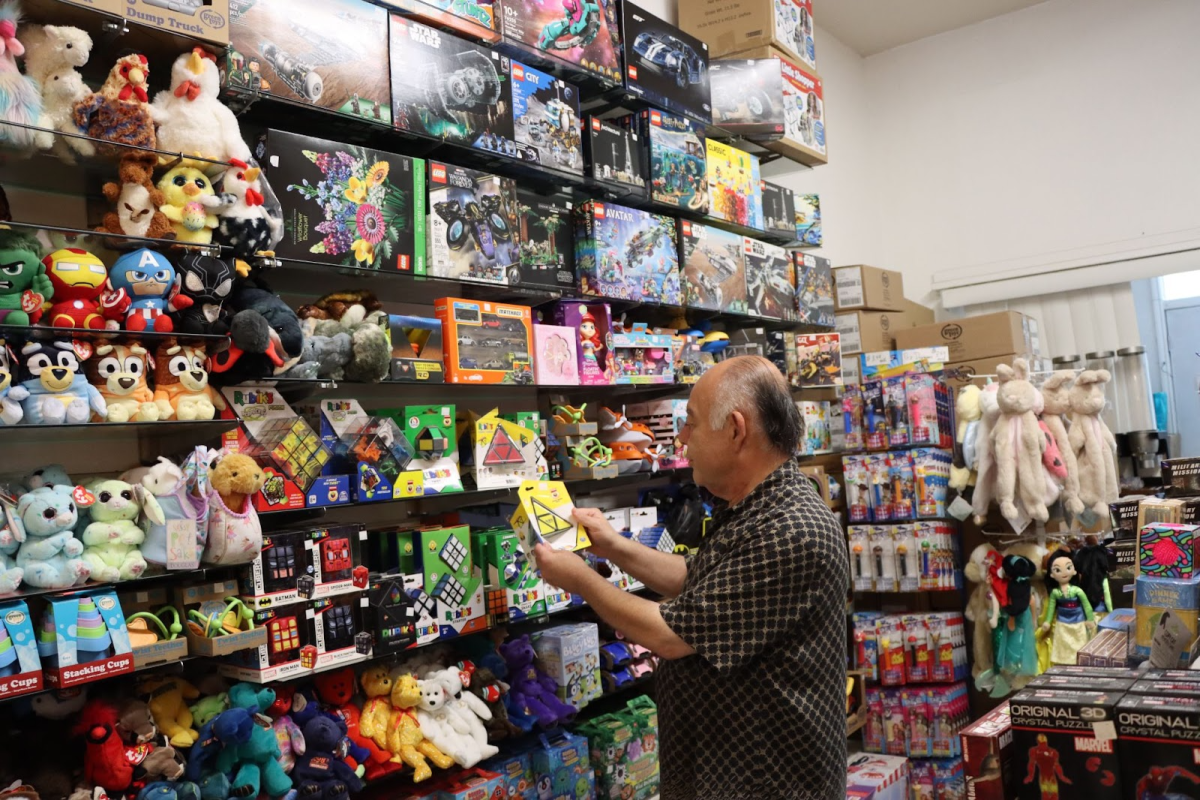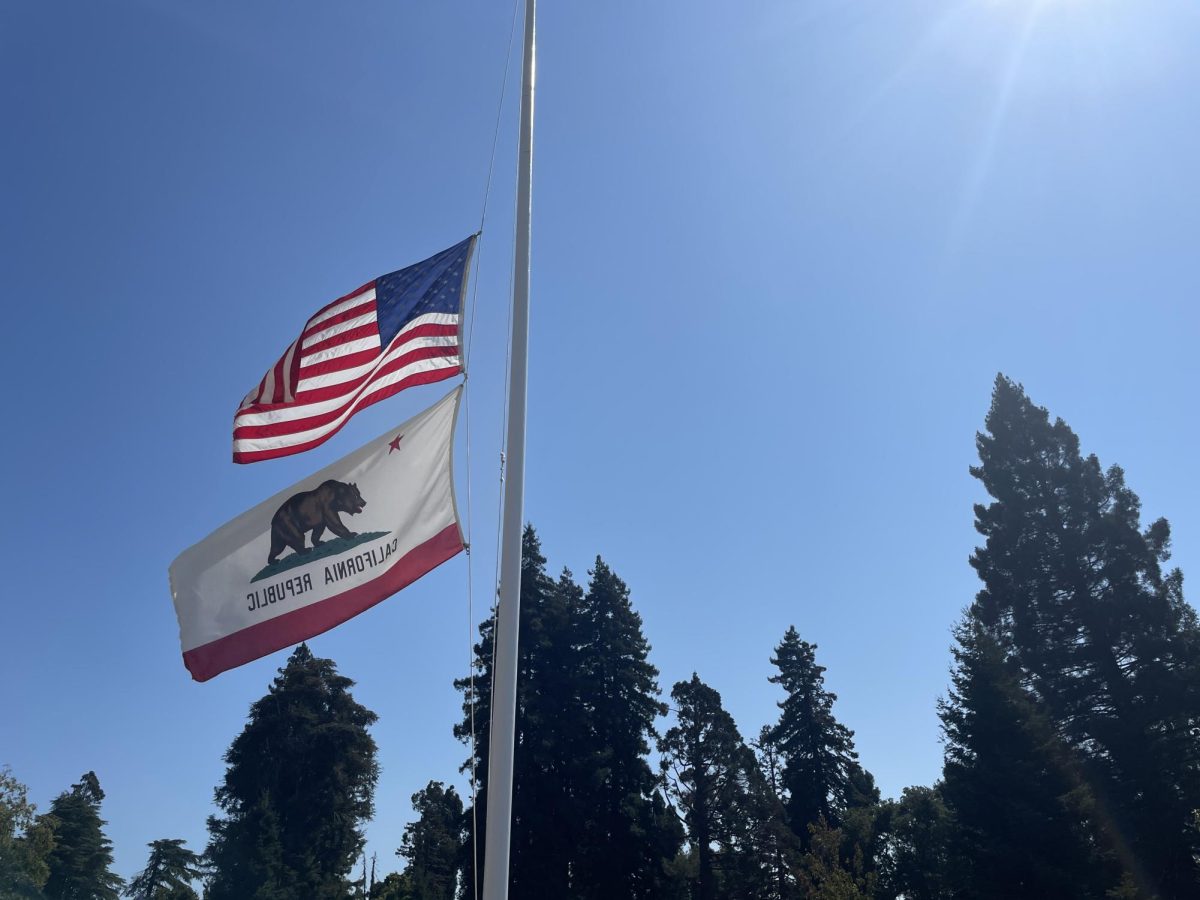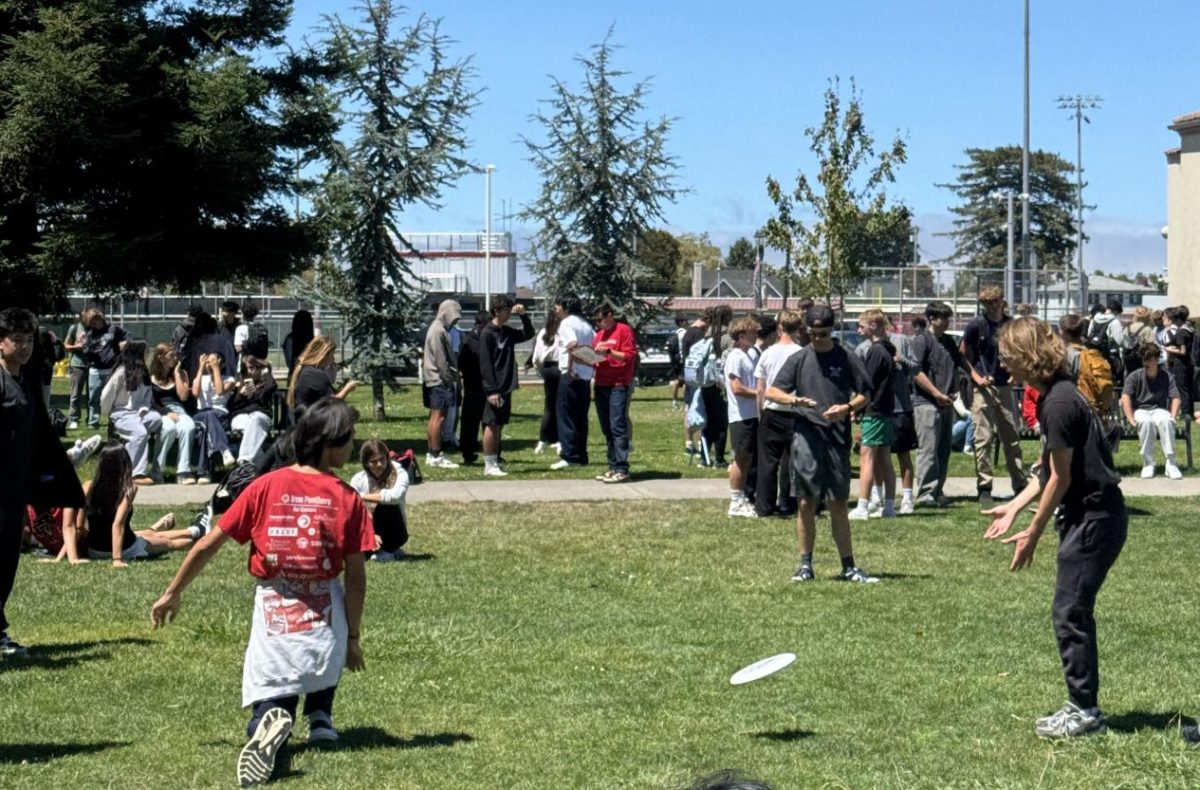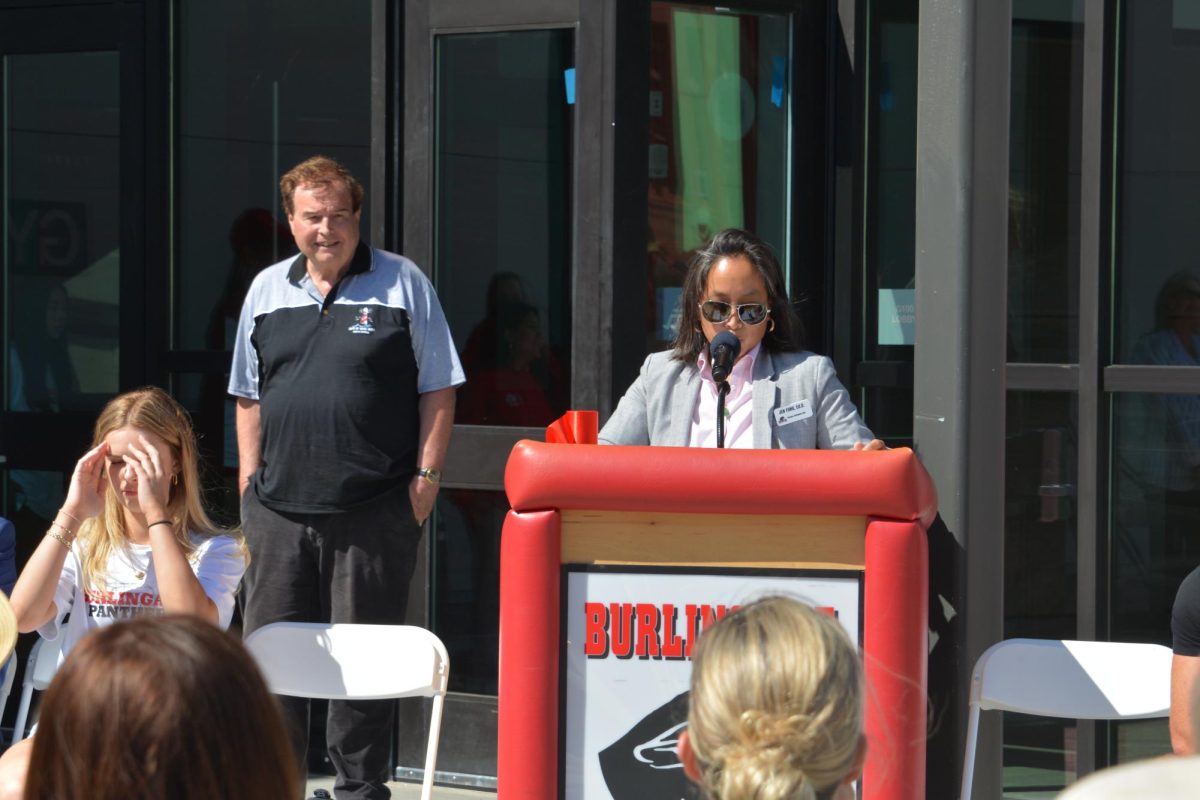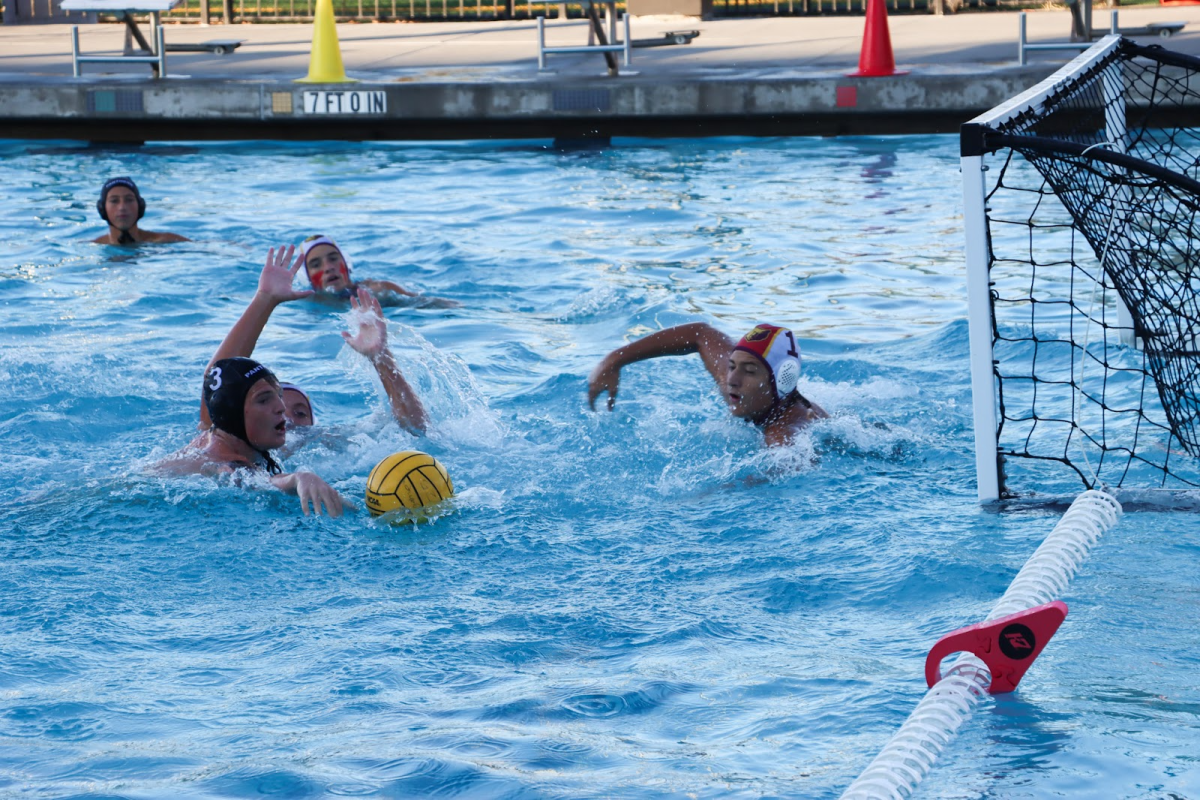“It’s love with an expiration date,” senior Olivia Johnson said.
It’s no secret that everyone wants to be the “It Couple.” To go on dates, to have a valentine, post one’s significant other on social media — but at what point do relationships begin to take away from one’s short high school experience?
The truth is that being in a relationship can provide someone with comfort, new experiences and security, but on the other hand, it can also introduce isolation and force maturity at a young age.
“If teenagers are in a relationship, they can be scared of doing something that might offend their partner,” Wellness Counselor Christina Cabrera said. “It is important that students ask themselves, ‘Do I only see myself through this relationship?’ which could really hinder how you experience high school.”
With only four years of high school, students have a short time to cram in every possible experience. But when teenagers find themselves in love, their relationship tends to take over.
“When [my boyfriend and I] started dating sophomore year, I definitely fell a little bit behind in school because you get that crushy, all-consuming feeling,” Johnson said.
Johnson and her boyfriend have been together for just over two years. They’ve made it through the most academically rigorous and socially intense years of high school, and continue to thrive as a couple.
“When people get around to that six-month stage, they start fighting a little bit more,” Johnson said. “I would say fighting can actually be good for the relationship in some regards because it helps you learn about the other person’s communication style and their priorities a little bit better.”
Johnson is talking about the inevitable highs and lows that follow the “honeymoon” stage — the first few months — of every relationship. Juniors Lucie Jaunich and Jaydn Vea, who have been dating for a little over a year, are no strangers to this phenomenon.
“A lot of relationships end because people rather go out than be with their partner or they prioritize school and sports [over their relationship]. But I think if you can balance all of it at once, [those things] shouldn’t be a deciding factor,” Jaunich said.
Recognizing the perils of a long-term relationship, especially with the inconsistency of high school, some people choose to shy away from commitment. But Vea said the key is to not get caught up in prioritizing their partner’s needs over their own.
“You just really have to know what you want, not what would make the other person happy, know whether you want it to last or whether you just feel bad for leaving after being together for so long,” Vea said.
For Vea and Jaunich, it is important to note that there are significant risks to committing entirely to one person. Spending your free time and dedicating hours to one specific individual can play a negative role in their evergrowing individuality.
“It’s really hard for students to leave [long-term] relationships and when students have been dating someone for a long time, they start to kind of lose their friend group or they start to lose their identity outside of that relationship,” Cabrera said.
High school is the prime time for self-discovery and finding interests, but when students enter relationships they can stunt their self growth as they can easily be caught up in the romanticization of experiencing young love.
“Looking back, [my relationship] definitely has been a really big part of my high school experience. It’s definitely a different experience because there’s one person who weighs on your life a lot more heavily,” Johnson said.
Nonetheless, while the people within the relationships may be young and immature, the love is still genuine.
“To keep your relationship healthy, respect, loyalty and trust are the biggest three things,” Vea said.


